Canoo Has a New Electric Truck, Replete with Flip-Out Picnic Tables
Zac Estrada is a reporter covering transportation, technology and policy. A former reporter for The Verge and Jalopnik, his work has also appeared in Automobile Magazine, Autoweek, Pacific Standard, Boston.com and BLAC Detroit. A native of Southern California, he is a graduate of Northeastern University in Boston. You can find him on Twitter at @zacestrada.

With streamlined styling, innovative packaging and a slew of novel features, Canoo Inc. released a first look at its electric truck. The Torrance-based company is set to produce a compact pick-up in 2023, entering an emerging market that includes Tesla and Rivian, but also General Motors and Ford.
"Our pickup truck is as strong as the toughest trucks out there and is designed to be exponentially more productive," Tony Aquila, executive chairman of Canoo, said in an announcement. "We made accessories for people who use trucks — on the job, weekends, adventure."
Canoo said its yet-to-be-named pickup truck would be available to pre-order in the second quarter of 2022.

Its payload capacity is also expected to be 1,800 pounds, which falls between midsize pickups like the Toyota Tacoma and full-size models like the Ram 1500. But at 184 inches long when the tailgate is closed, the Canoo pickup truck is expected to be nearly two feet shorter than the next smallest pickup truck on sale today. In terms of size, Canoo would fill a market that was largely abandoned by the 2000s as pickup buyers flocked to large, V8-powered full-size models.
That's due in part of the "cab-forward" design that puts the front wheels as far forward as possible. The electric components are under the cab of the truck, eliminating the need for a long hood and maximizing interior space for passengers and cargo. In place of a Tesla-like "frunk" cargo area in front, the Canoo truck has a fold-down desk and small storage cubby as a mobile workspace.
Canoo also said its truck will have innovations in the bed area, with flip-out picnic tables, storage dividers, household-style electrical outlets, a side-step to access the bed and even a built-in extender to accommodate longer items. A roof rack will be offered, as well as a camper shell that could also fit a small tent on it.
The company will offer single and dual motor configurations, giving the Canoo pickup truck either two-wheel or all-wheel drive, and up to 600 horsepower. Canoo did not disclose price targets for its pickup truck, although similarly sized gasoline rivals start around $26,000. But its 200-mile expected range is below that of many modern EVs, such as the Chevrolet Bolt and Tesla Model Y.
Canoo will enter a field that's nonexistent now, but is set to grow immensely in the first half of this decade. Amazon-backed Rivian, which also has operations in Carson and Irvine, unveiled its R1T pickup truck and R1S SUV in November 2018 at the Los Angeles Auto Show. It opened its online configurator and reservation book in November 2020 and targeted the first cars would roll off of an assembly line in Illinois in June. Prices range from $67,500 to $75,000, with an estimated range of between 300 and 400 miles on a full charge.
And there's also Tesla, which showed its boldly styled Cybertruck in November 2019, with reservations exceeding 250,000 by the end of that month. On an investors call in January, Tesla CEO Elon Musk said there would be, "a few deliveries of the Cybertruck in 2021," on target with the timeline from the reveal. While the Cybertruck is expected to be produced at a new Gigafactory in Austin, Texas, rather than with other Teslas in Fremont, it's still unclear if the radical styling and "unbreakable" glass will reach production. Target range is between 250 and 500 miles, with a $40,000 starting price.
Also in the offing are GM with the GMC Hummer EV due to start production in the fall with about 350 miles of range and an initial $113,000 price tag before less expensive variants arrive. Ford is also expected to show an all-electric version of the F-150 full-size pickup truck as early as next year.
- Canoo's Wall Street Debut Was Worse Than Expected - dot.LA ›
- Canoo Gets Tapped by Hyundai to Design Electric Powertrain - dot.LA ›
- Canoo Unveils Electric Delivery Van a Week Before IPO - dot.LA ›
- Faraday Future Looks to Grow in China - dot.LA ›
- Alpha Motors Opens Reservations For Wolf Electric Pickup - dot.LA ›
- Canoo Will Build Its Electric Vehicles At Two New Plants In 2022 - dot.LA ›
Zac Estrada is a reporter covering transportation, technology and policy. A former reporter for The Verge and Jalopnik, his work has also appeared in Automobile Magazine, Autoweek, Pacific Standard, Boston.com and BLAC Detroit. A native of Southern California, he is a graduate of Northeastern University in Boston. You can find him on Twitter at @zacestrada.


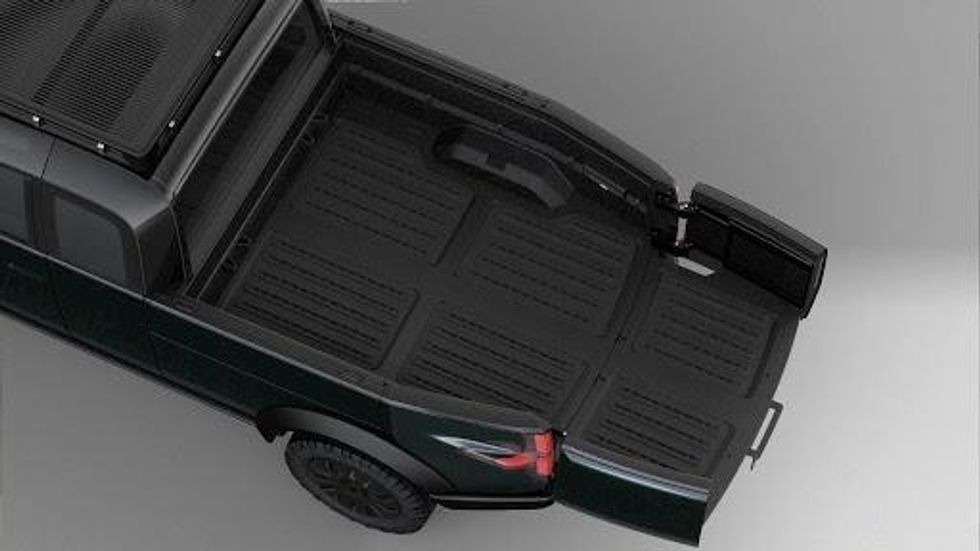

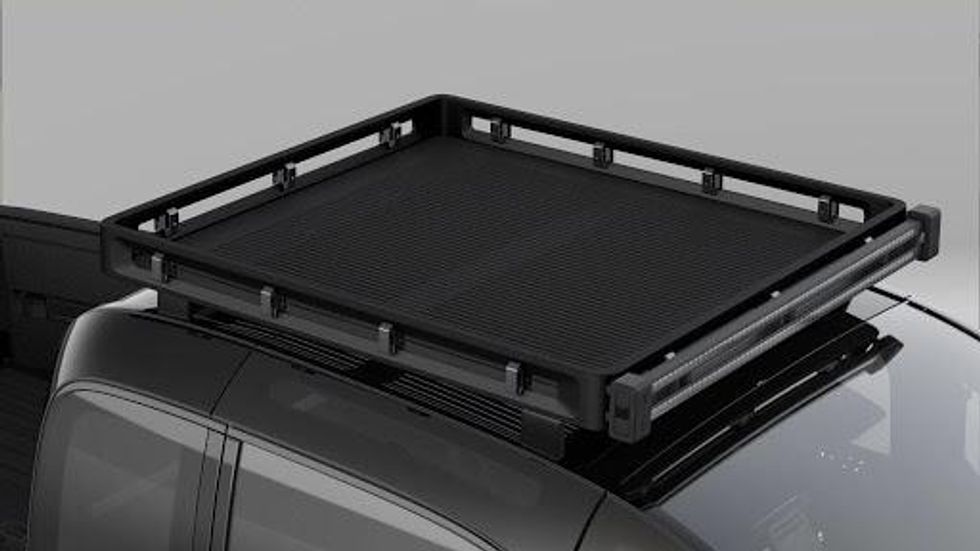


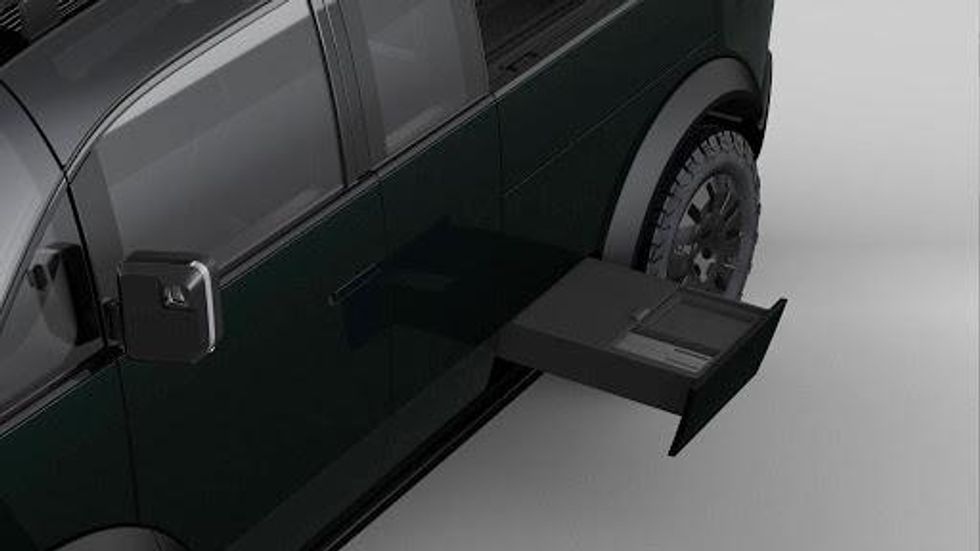

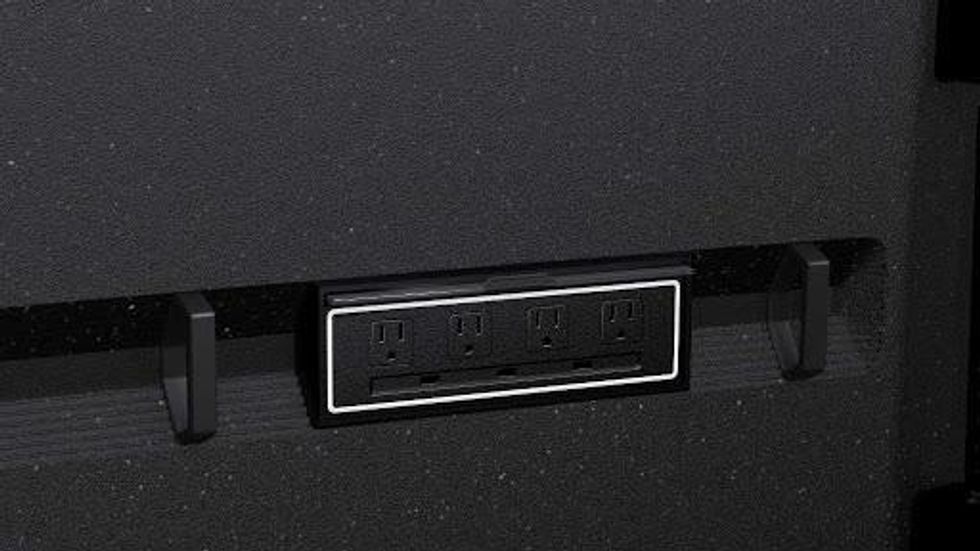
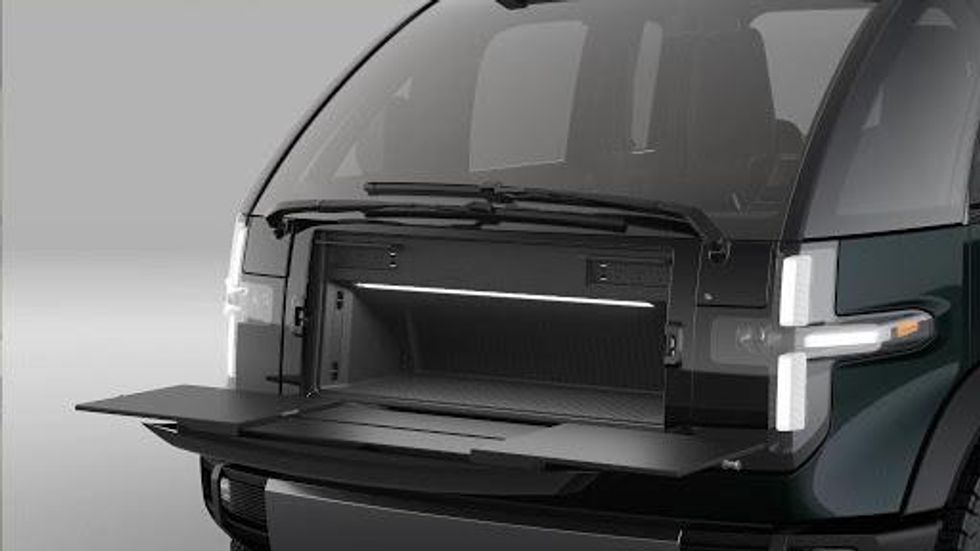



 Image Source: Skyryse
Image Source: Skyryse
 Image Source: Northwood Space
Image Source: Northwood Space